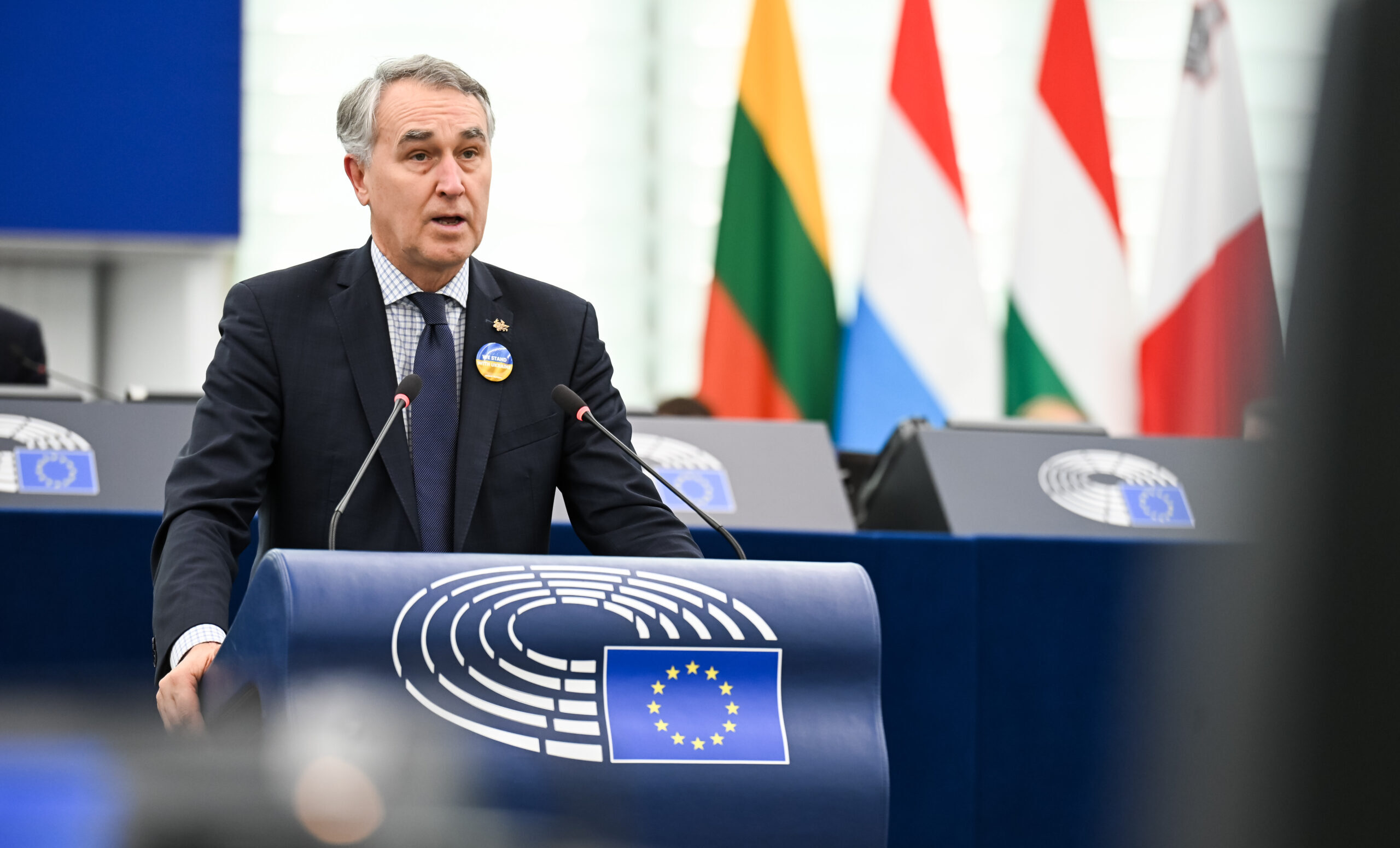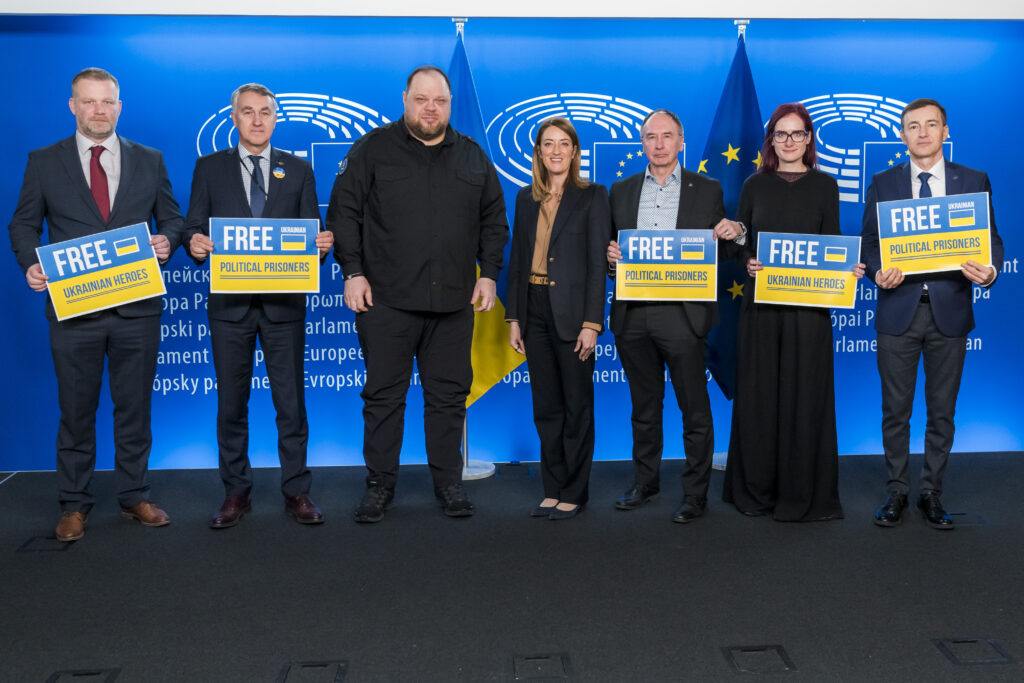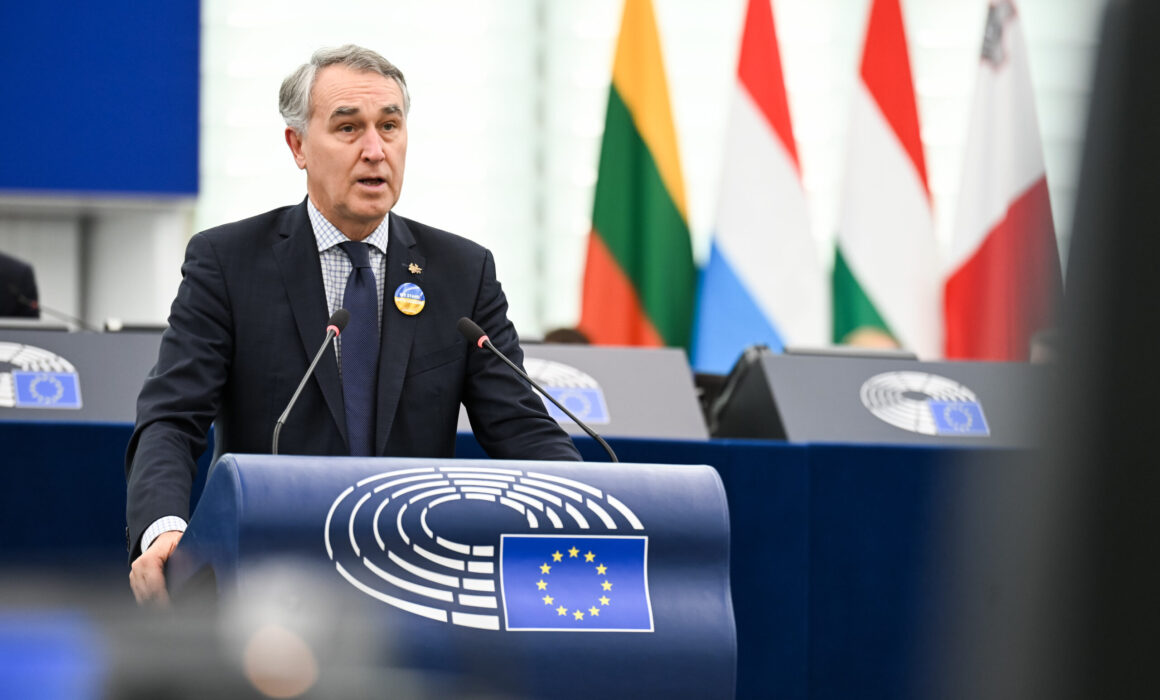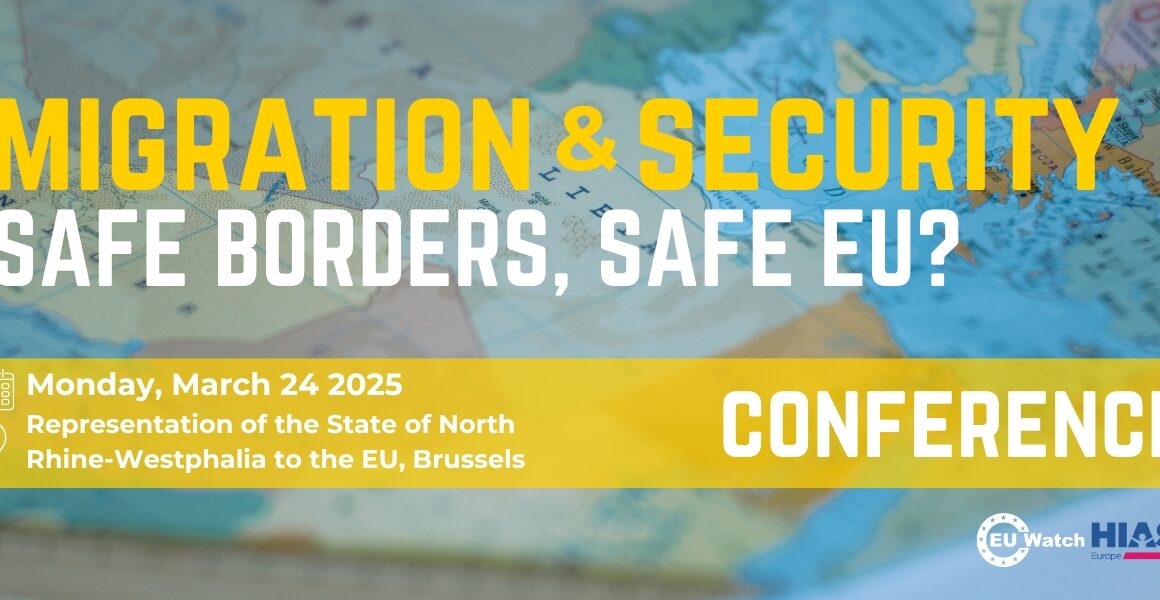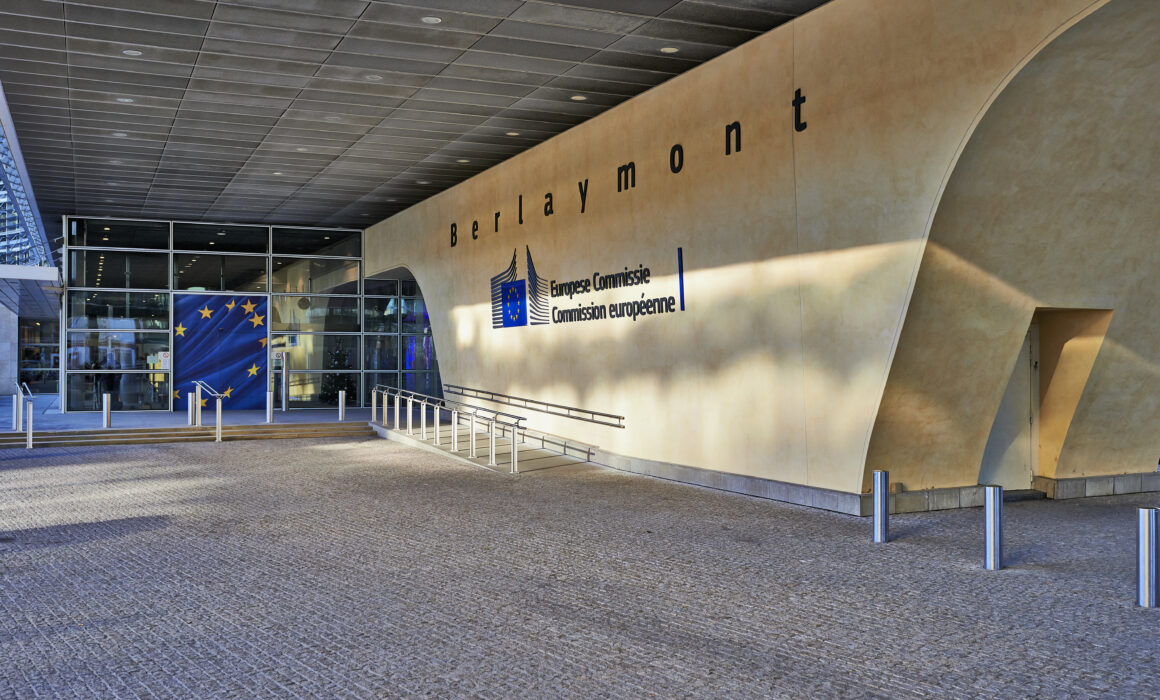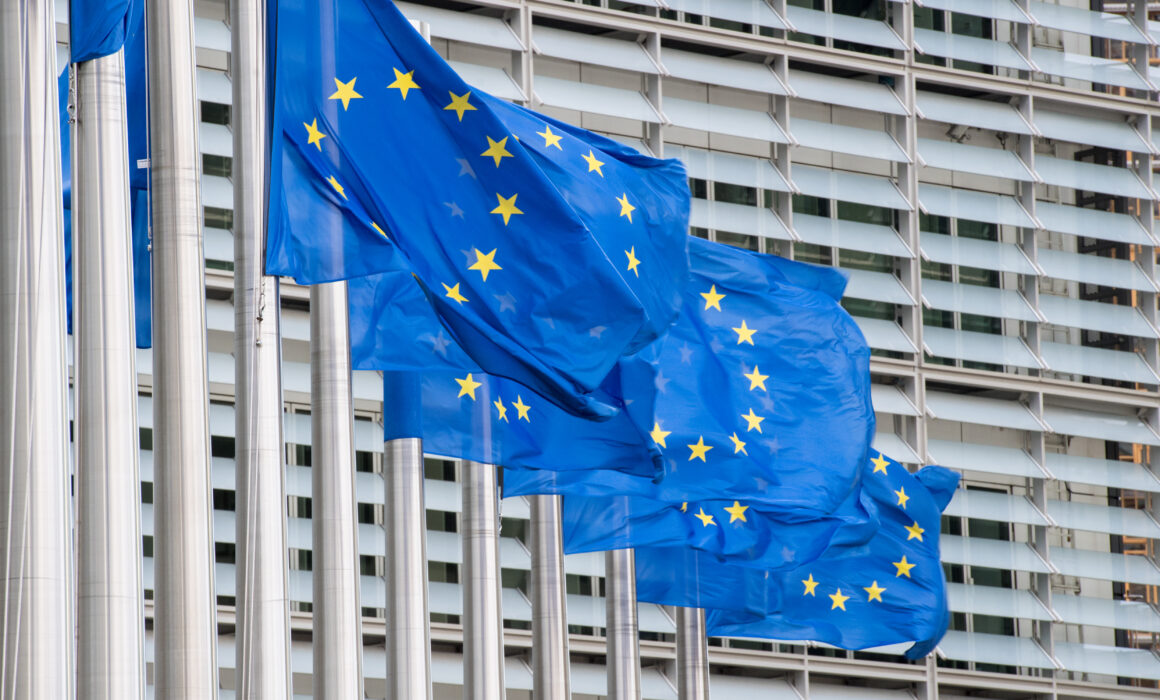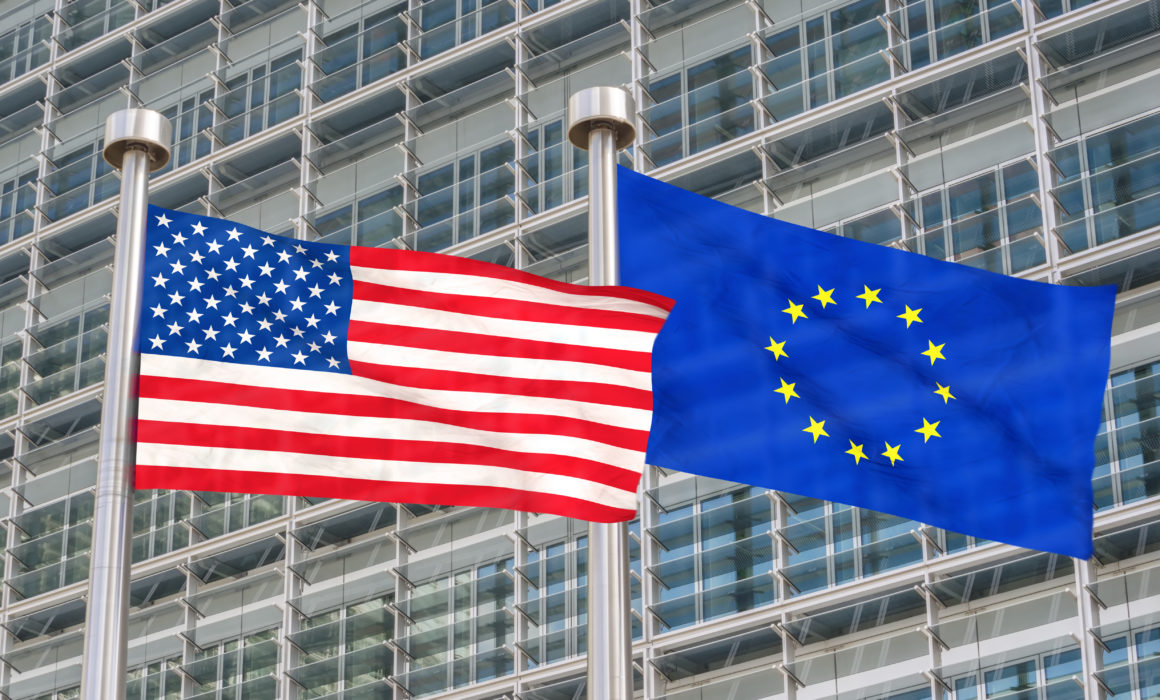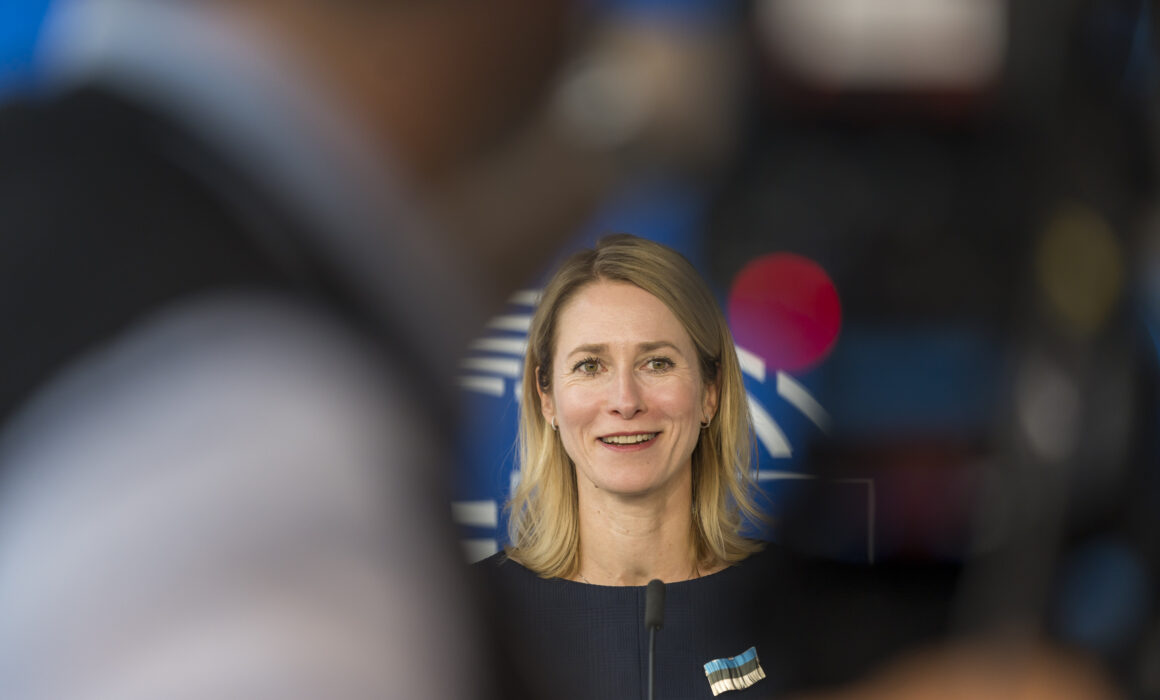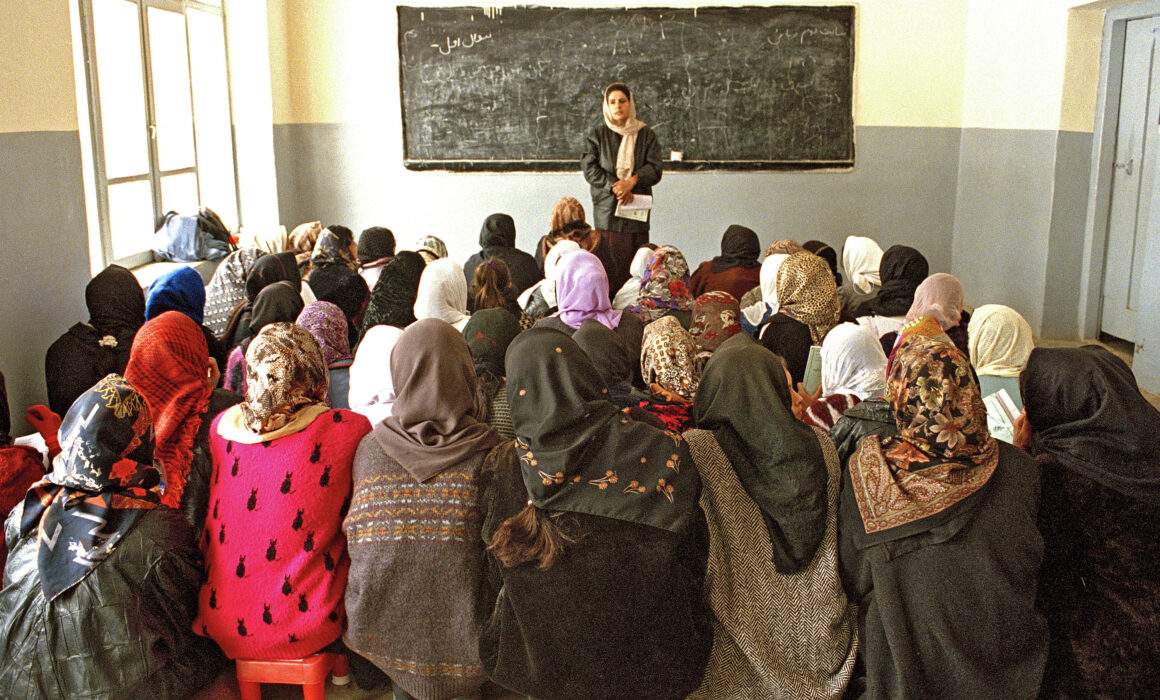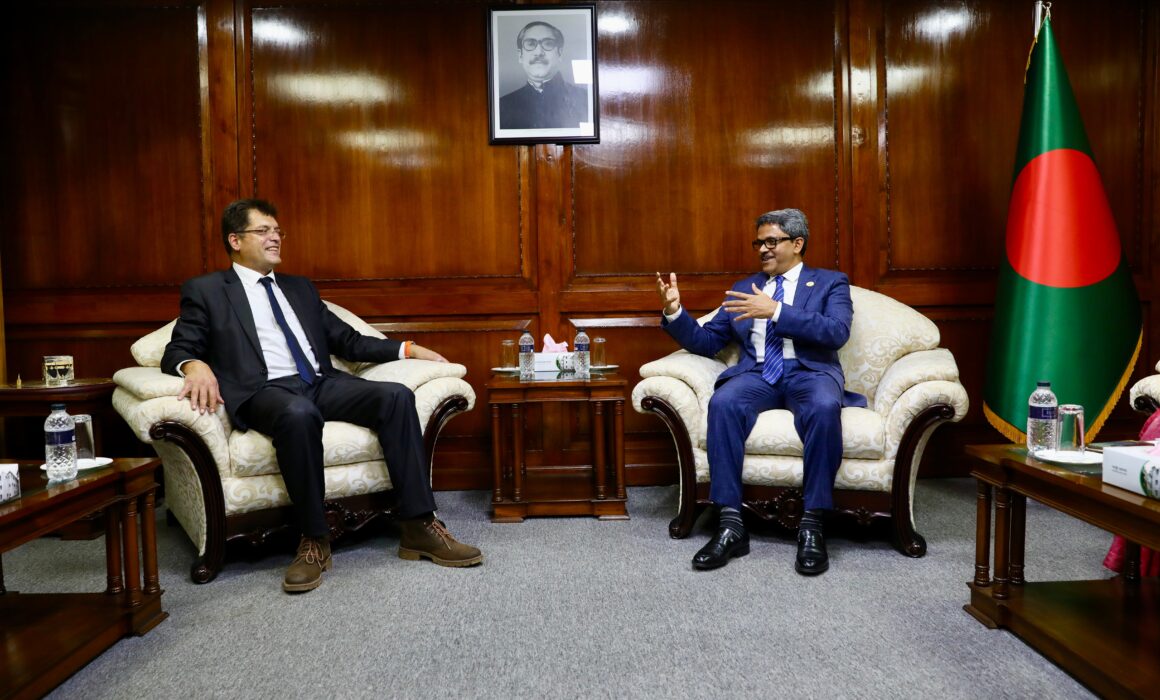“This is an existential threat – not only for Ukraine, but for Europe itself” – Lithuanian MEP Auštrevičius
EU Watch interviewed Lithuanian politician Petras Auštrevičius who serves for the third time as a Member of the European Parliament. We discussed Russia’s war against Ukraine, the EU’s defense strategy and the concept of strategic autonomy vis-a-vis NATO.

